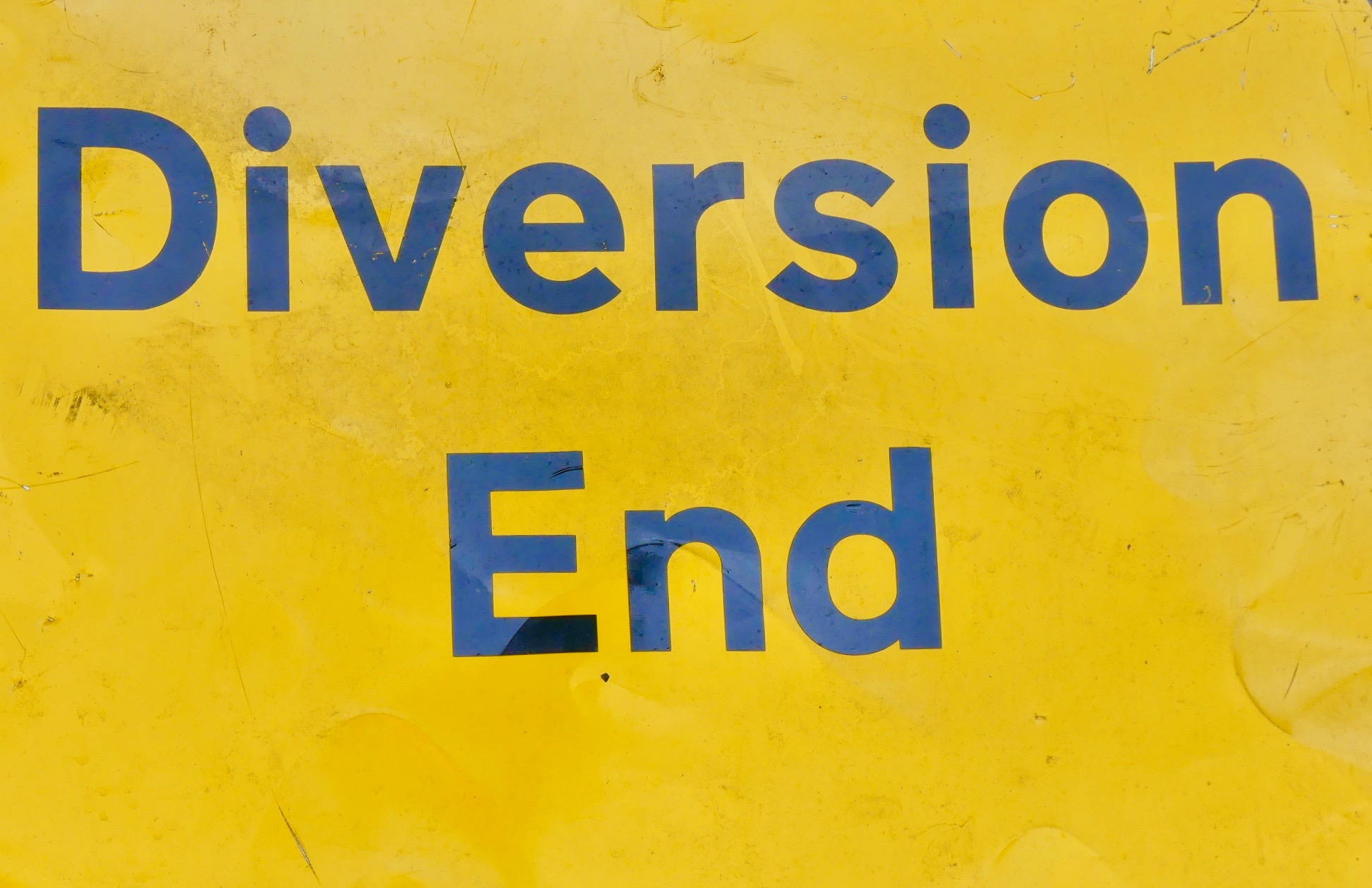Have you ever noticed how otherwise unremarkable signs sometimes precis, characterise, or remind you of works of literature?
Of course you have.
See if you can match the following examples found around Broughton to various kinds of poem, short story, drama, or novel. All but one began life in print. All but one have appeared as film or television.
Initial clues to the titles (in italics) and authors appear below each image.
No local knowledge is required.
Answers at the foot of this page on 1 January.
If you've notied other examples, please let us know.
*****

1. D in the H, by R G
*****

2. N E-F, by G O
*****

3. T of the D, by T H
*****

4. A H W in J, by R H
*****

5. T T S S, by J L C
*****

6. P L, by J M
*****

7. The D of the T, by J W
*****

8. H T, by C D
*****

9. L B M, by T B
*****

10. R of the L A, by L K and G L
*****

11. K S M, by H R H
*****

12. H V, by W S
******

13. The F P, by A C D
*****

14. A the G, by R G and A U
*****

15. The H and O D, by D S
*****

16. F H, by J C
*****

17. I, by D A
-----
SOLUTIONS
- Doctor in the House, by Richard Gordon
- Nineteen Eighty-Four, by George Orwell
- Tess of the d’Urbevilles, by Thomas Hardy
- A High Wind in Jamaica, by Richard Hughes
- Tinker Tailor Soldier Spy, by John Le Carré
- Paradise Lost, by John Milton
- The Day of the Triffids, by John Wyndham
- Hard Times, by Charles Dickens
- Little Big Man, by Thomas Berger
- Raiders of the Lost Ark, by Lawrence Kasdan and George Lucas
- King Solomon’s Mines, by H. Rider Haggard
- Henry V, by William Shakespeare
- The Final Problem, by Arthur Conan Doyle
- Asterix the Gaul, by René Goscinny and Albert Uderzo
- The Hundred and One Dalmatians, by Dodie Smith
- Fanny Hill, by John Cleland
- Inferno, by Dante Alighieri